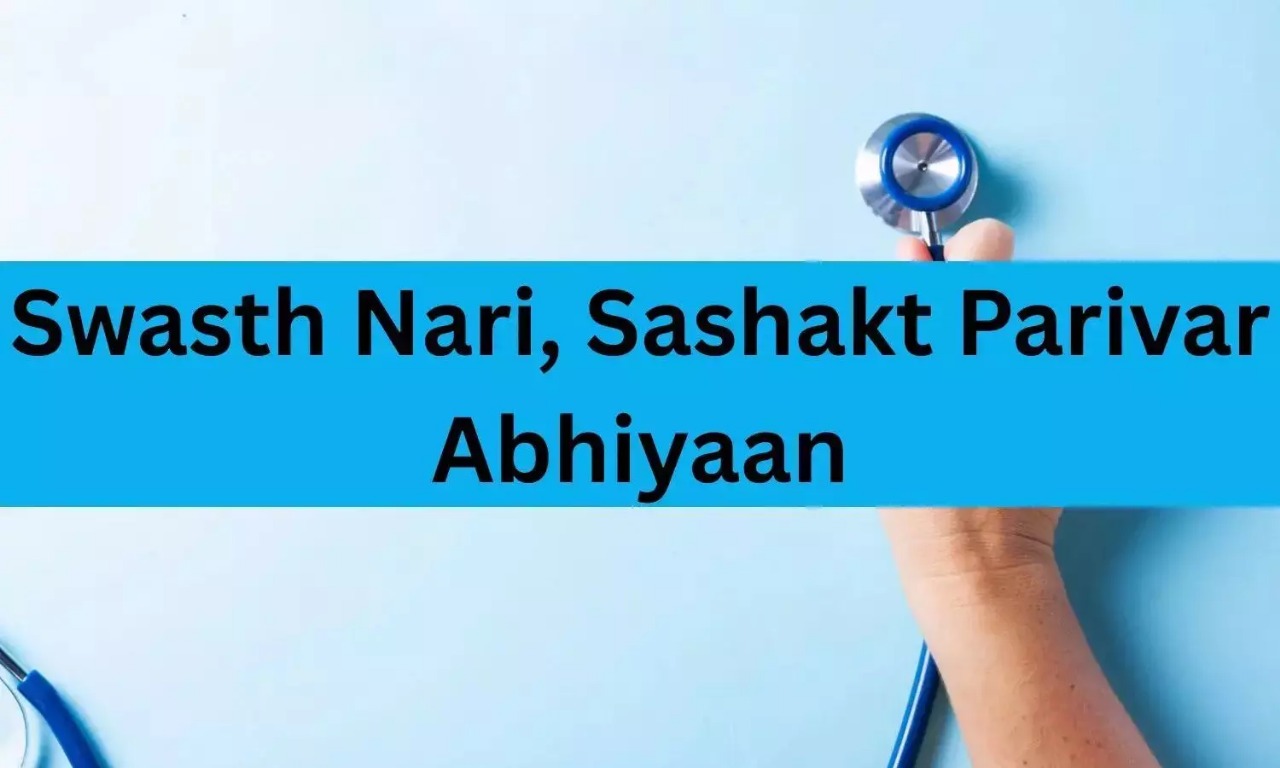 Image Source : Instagram
Image Source : Instagram
The Supreme Court of India has issued a strong directive to the Maharashtra government and the State Election Commission (SEC), mandating that all local body elections in the state be conducted by January 31, 2026. This long-pending democratic exercise, stalled since 2022 due to disputes over OBC reservation and administrative delays, now faces an unyielding deadline from the apex court. The court’s stern warning leaves no room for further procrastination and insists on timely completion of delimitation and election logistics.
Key Highlights From The Supreme Court Order
Maharashtra local body elections, covering Zila Parishads, Panchayat Samitis, and all municipalities, must conclude by January 31, 2026.
Delimitation of constituencies must be completed by October 31, 2025; the court emphasized that this process cannot delay elections further.
The State Election Commission failed to comply with previous timelines, prompting the court to issue this final extension.
No further extensions will be granted beyond the deadline, and logistic requests must be filed before October 31, 2025.
The court rejected pleas citing board exams and Electronic Voting Machine (EVM) shortages as valid reasons for delays.
Chief Secretary of Maharashtra is directed to deploy necessary staff promptly to assist SEC in managing elections.
SEC is instructed to ensure availability of EVMs and file a compliance affidavit by November 30, 2025.
The elections will follow the existing OBC reservation framework prior to the Banthia Commission’s 2022 report, which remains under legal challenge.
Judicial Concerns Over Delays And Non-Compliance
The Supreme Court’s bench comprising Justices Surya Kant and Joymalya Bagchi expressed clear displeasure with the State Election Commission’s sluggish response to earlier orders. An interim direction had been issued in May this year, ordering elections be notified within four weeks and completed in four months—essentially by September 2025. However, this timeline was missed, leading to concerns about undermining democratic processes at the grassroots level.
The court’s rebuke underlined that the constitutional mandate of democracy at the local body level must be respected and enforced without further delay. The delay in holding timely elections was attributed to pending litigation around reservation policies and administrative hurdles such as delimitation and logistical shortcomings.
Political Reactions And Implications
Political parties in Maharashtra have responded swiftly to the court’s decision, reflecting the high stakes involved. The Congress labeled the Supreme Court’s intervention as a rebuke to the government for delaying the polls under the pretext of ward reorganisation. Meanwhile, the Nationalist Congress Party (NCP) demanded immediate compliance with the court order and warned that failure to do so could invite stricter judicial action.
The upcoming elections are critical, as they determine local governance institutions responsible for a range of civic and developmental functions affecting millions of citizens. Delays have implications not just for democracy but also for effective administrative functioning at the village, municipal, and district levels.
Road Ahead: Ensuring Smooth Election Execution
With a firm deadline in place, the Maharashtra government and SEC face immense pressure to streamline their electoral preparations. Completion of the delimitation exercise across local bodies is a priority, alongside mobilising adequate staff and ensuring sufficient EVM availability. The court has mandated transparency and compliance, requiring progress reports and affidavits from the SEC on these fronts.
The directive also signals that excuses or further delays based on scheduling conflicts like board exams will not be entertained. The state’s chief secretary has been tasked with immediate deployment of election staff and inter-departmental coordination to meet election requirements on time.
By enforcing this deadline, the Supreme Court seeks to uphold the democratic ethos at the grassroots and expedite political processes vital for governance and public welfare.
Sources: Times of India, Economic Times, Indian Express, LiveLaw, New Indian Express, Bar and Bench, Deccan Herald
Advertisement
Advertisement








